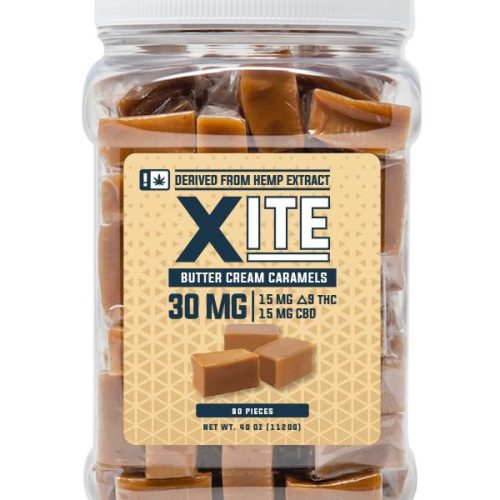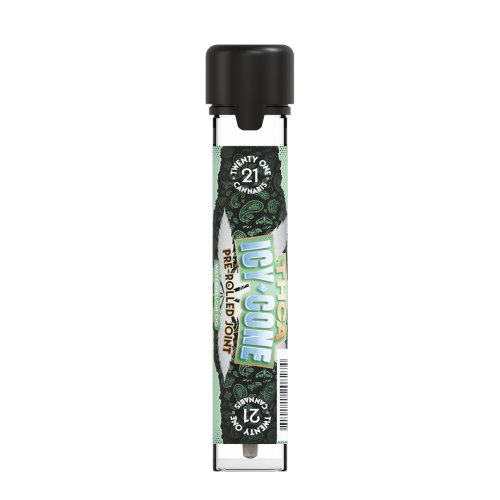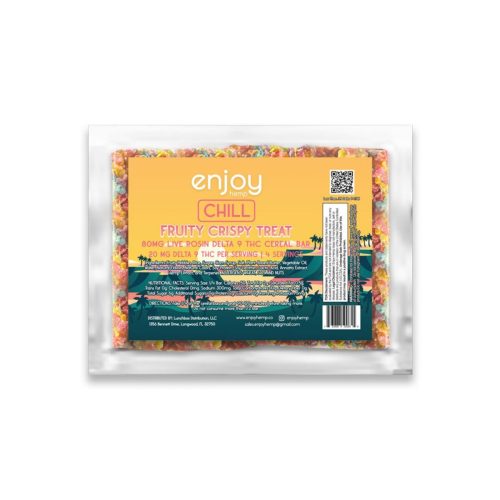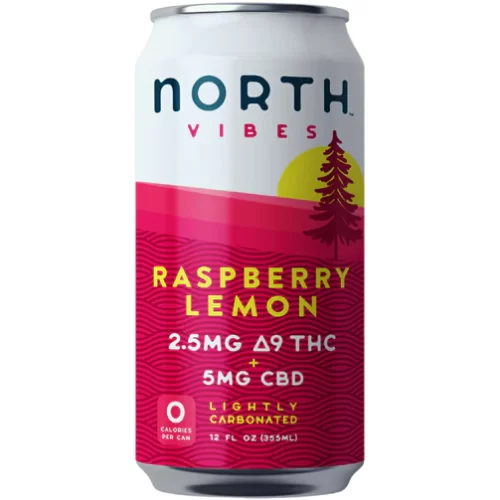Unlocking the Mysteries of Lion’s Mane Mushroom: A Fascinating Fungus for Wellness
In the world of natural health and wellness, certain natural wonders capture our attention for their unique properties and potential benefits. Lion’s Mane Mushroom, scientifically known as Hericium erinaceus, is one such marvel of the natural world. Without making any medical claims, let’s delve into the intriguing world of Lion’s Mane Mushroom, exploring its history, potential uses, and why it has garnered so much interest.
A Remarkable Appearance
One of the most striking features of Lion’s Mane Mushroom is its distinctive appearance. It boasts cascading, shaggy tendrils that resemble a lion’s mane, hence its name. This unique visual characteristic adds to the intrigue surrounding this fungus. But it’s not just about looks; Lion’s Mane Mushroom has been consumed and revered in various cultures for centuries.
Lion’s Mane Mushroom Throughout History
Lion’s Mane Mushroom has a long history of traditional use in Chinese and Japanese cuisine and herbal medicine. It was often considered a delicacy reserved for royalty due to its rarity and potential health benefits.
Historically, it was used to support general well-being, and some believed it had properties that could help improve cognitive function and digestive health. While these historical uses are fascinating, it’s essential to emphasize that they are based on traditional knowledge and not medical claims.
Nutritional Value of Lion’s Mane Mushroom
Lion’s Mane Mushroom is rich in various nutrients, but it’s important to remember that discussing its nutritional content doesn’t equate to making medical claims. Here are some of the nutrients found in Lion’s Mane:
1. Proteins: It contains various proteins, including essential amino acids.
2. Vitamins: Lion’s Mane is a source of B vitamins, such as B1, B2, and B3.
3. Minerals: It provides essential minerals like potassium, zinc, and selenium.
4. Polysaccharides: Lion’s Mane Mushroom contains polysaccharides, which are complex carbohydrates that can have potential health benefits.
Potential Uses and Benefits
While we can’t make medical claims about Lion’s Mane Mushroom, it’s fascinating to explore the areas where it shows promise. Some enthusiasts and researchers have shown interest in the following potential areas:
1. Cognitive Function: Lion’s Mane Mushroom has been studied for its potential to support cognitive function. Some research suggests that it may have a positive impact on memory and mental clarity.
2. Gut Health: Certain compounds in Lion’s Mane Mushroom may promote gut health, although more research is needed to understand these effects fully.
3. Anti-Inflammatory Properties: Some studies have explored the anti-inflammatory potential of Lion’s Mane Mushroom, which may have broader implications for overall well-being.
4. Antioxidant Effects: Antioxidants are compounds that help protect the body from oxidative stress. Lion’s Mane Mushroom contains antioxidants, which could be beneficial, although further research is required to confirm their effects.
5. Potential for Nervous System Support: Some preliminary studies suggest that Lion’s Mane Mushroom may have neuroprotective properties, which could be relevant to brain health.
It’s important to reiterate that these potential uses are subject to ongoing research, and the scientific community is continually exploring the possibilities of Lion’s Mane Mushroom. Furthermore, individual experiences may vary, and it’s essential to approach any dietary supplement with a sense of curiosity and a willingness to consult with healthcare professionals for guidance.
Ways to Incorporate Lion’s Mane Mushroom
Whether you’re captivated by its potential benefits or merely curious about Lion’s Mane Mushroom, there are various ways to incorporate it into your routine:
1. Dietary Supplements: Lion’s Mane Mushroom is available in various forms, including capsules, powders, and extracts. These supplements offer a convenient way to add it to your daily regimen.
2. Cooking: If you enjoy culinary experimentation, you can find dried Lion’s Mane Mushroom for use in recipes. It has a mild, seafood-like flavor and can be a tasty addition to soups, stir-fries, or sautés.
3. Tinctures: Some people opt for Lion’s Mane Mushroom tinctures, which are liquid extracts that can be taken sublingually (under the tongue) for potential absorption benefits.
4. Teas: Lion’s Mane Mushroom teas are available, providing a warm and soothing way to enjoy its potential benefits.
Final Thoughts
Lion’s Mane Mushroom is a captivating natural wonder that has intrigued people for centuries. While it’s been traditionally used for various purposes, it’s essential to approach it with a realistic and open-minded perspective. Scientific research on Lion’s Mane Mushroom is still in its early stages, and much more needs to be understood about its potential uses and benefits.
If you’re considering incorporating Lion’s Mane Mushroom into your wellness routine, it’s wise to consult with healthcare professionals for guidance, especially if you have specific health concerns. As the scientific community continues to explore the fascinating world of Lion’s Mane Mushroom, we can eagerly anticipate new insights into its potential role in supporting well-being, all without making any medical claims.












